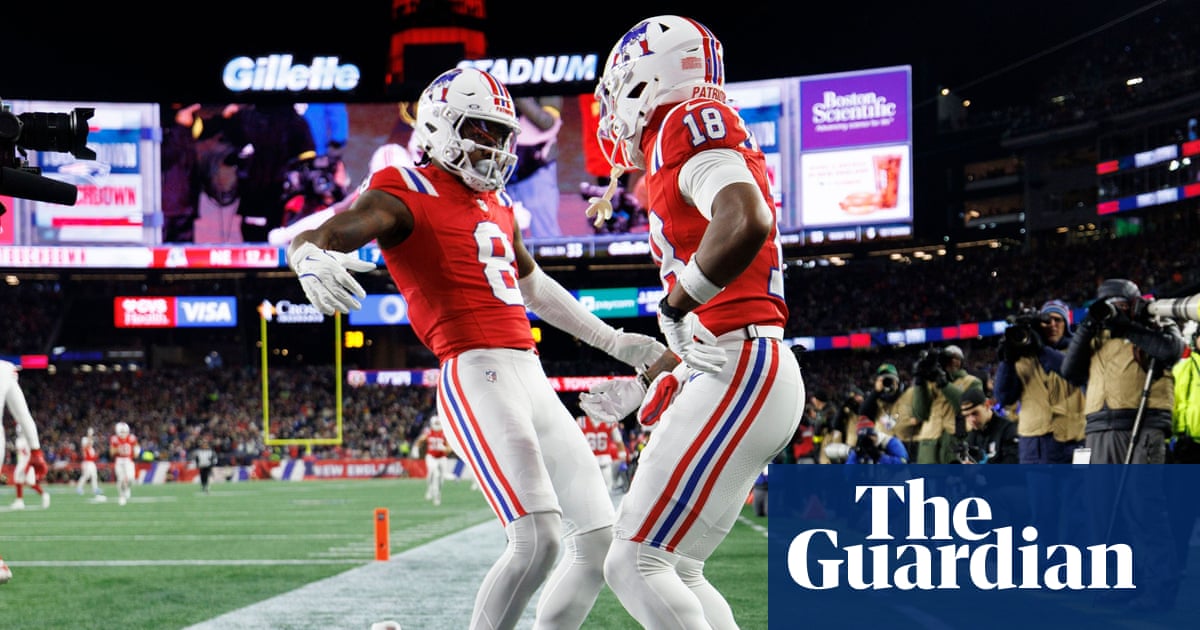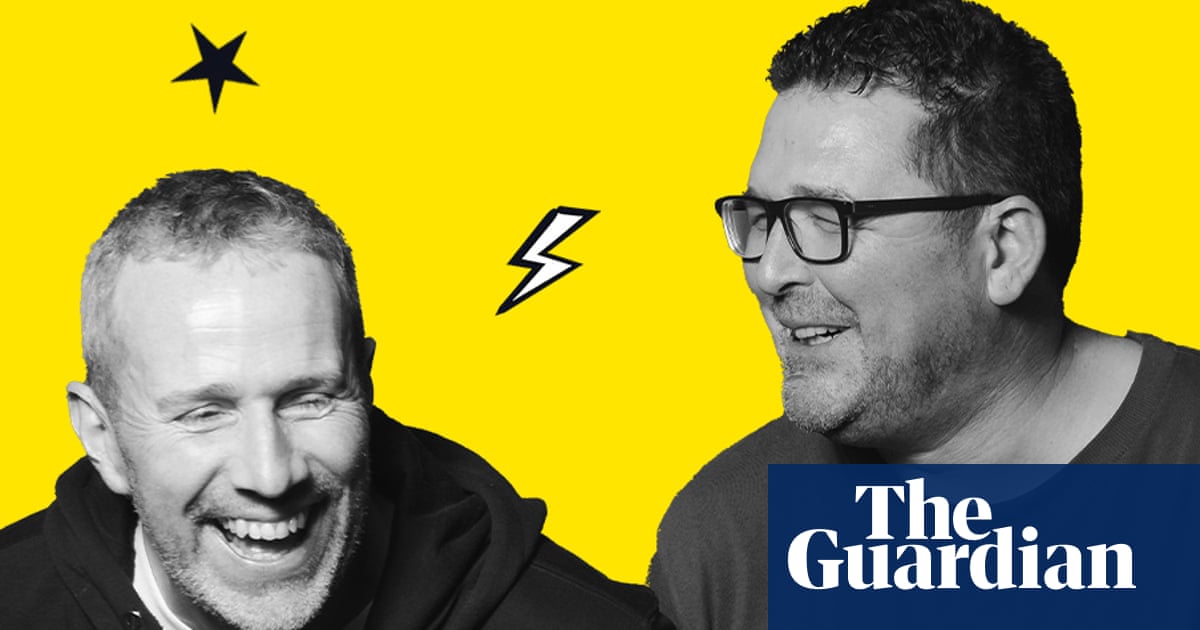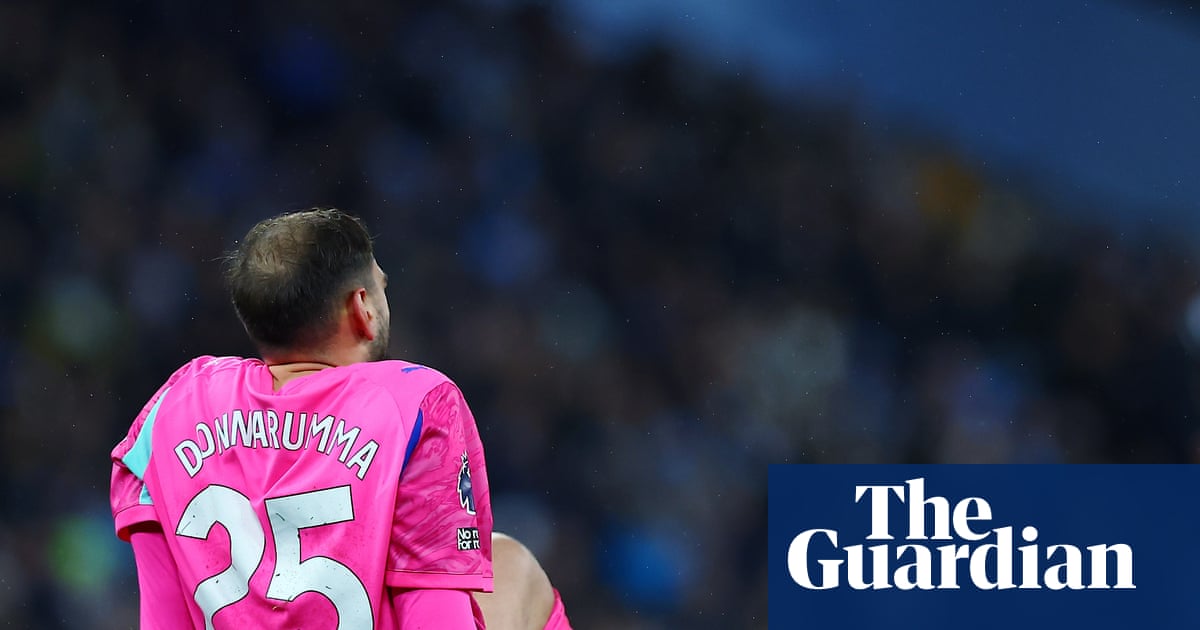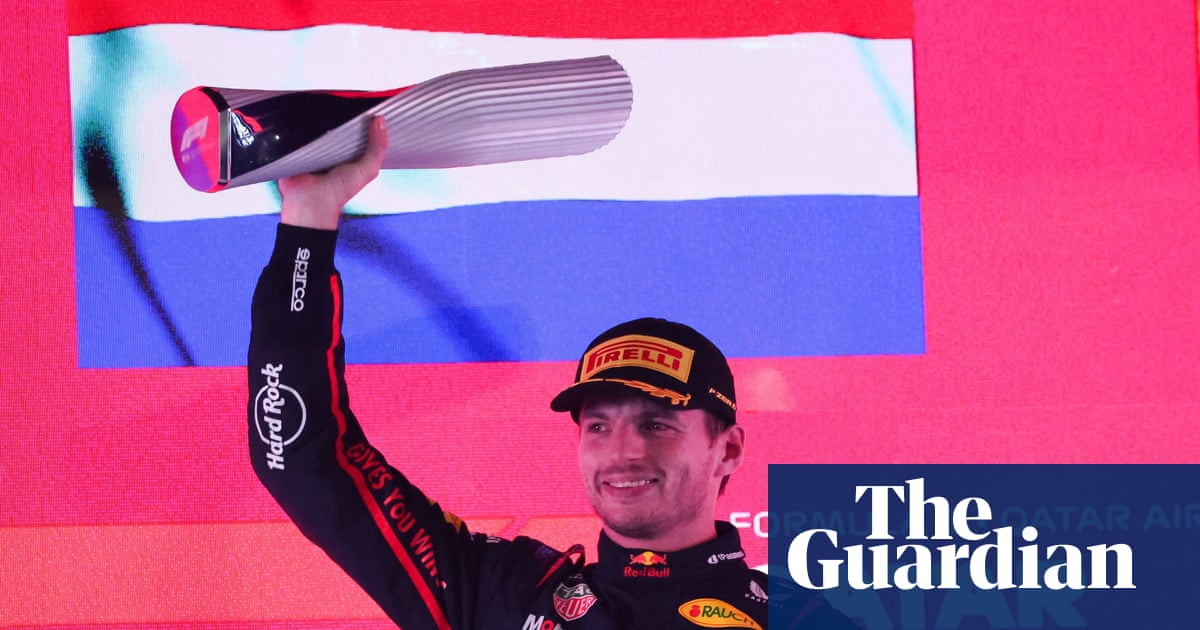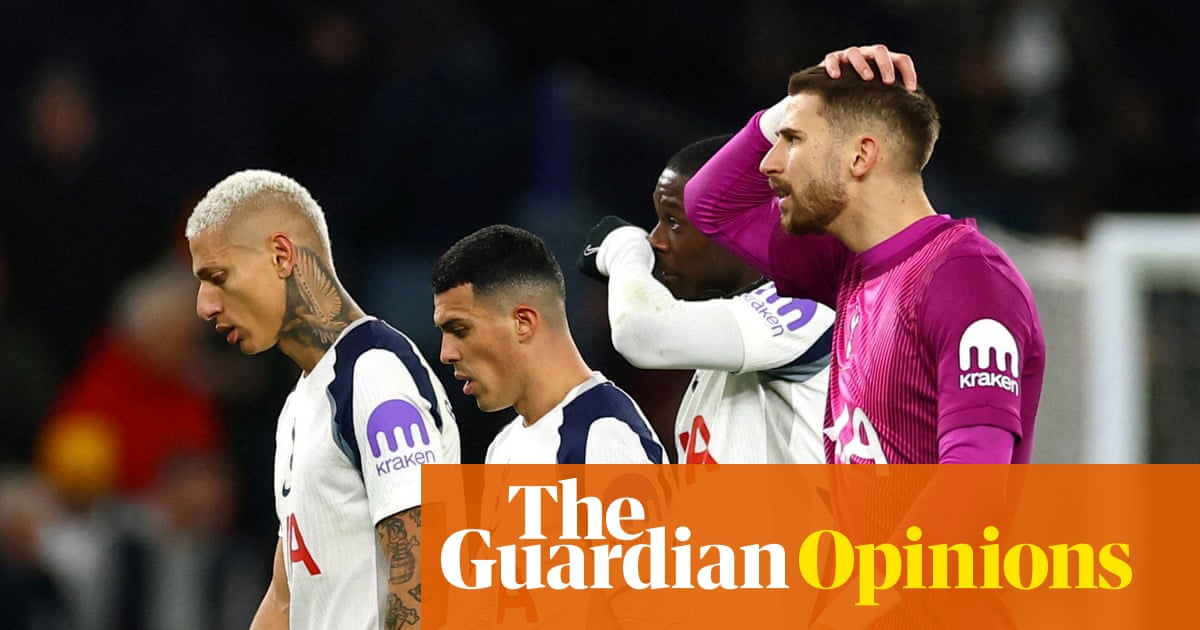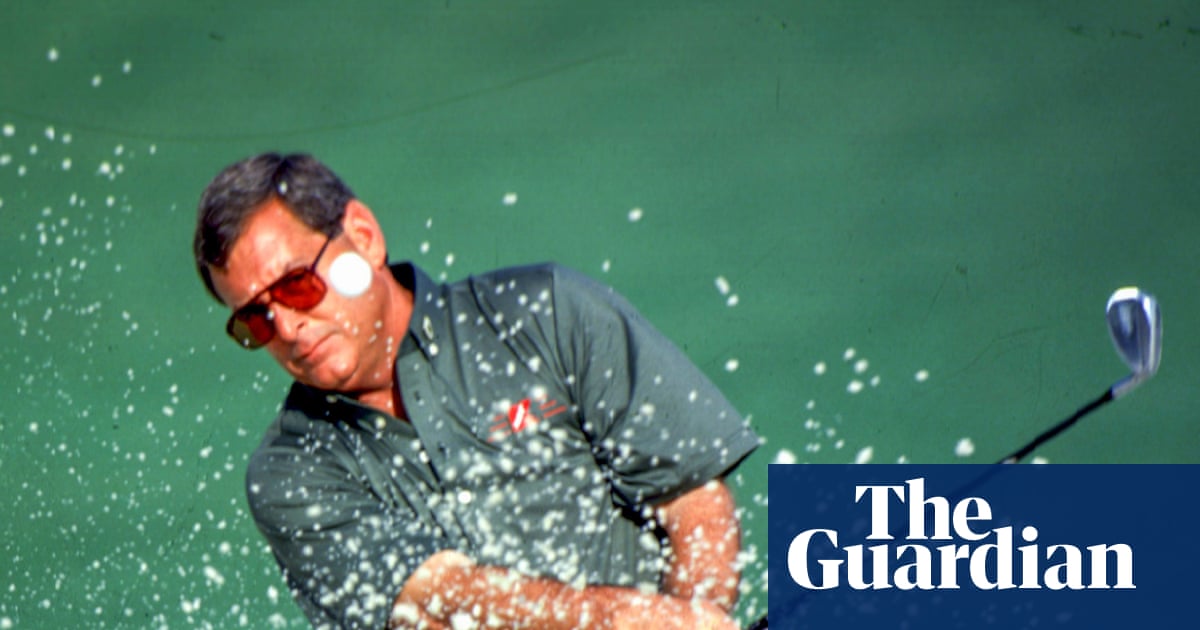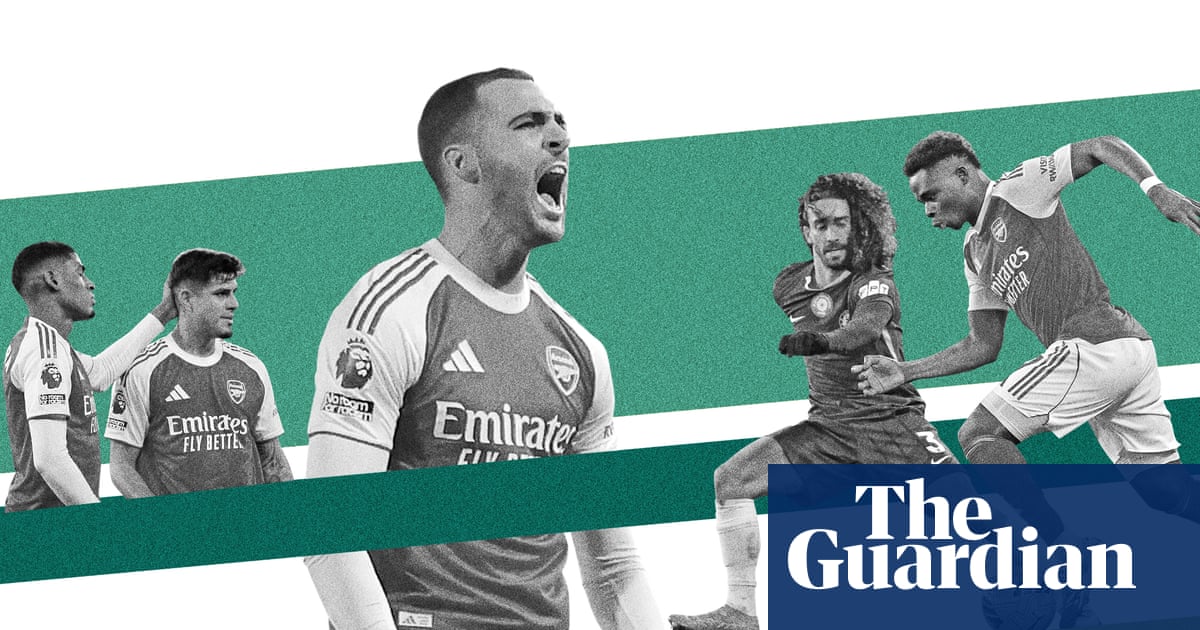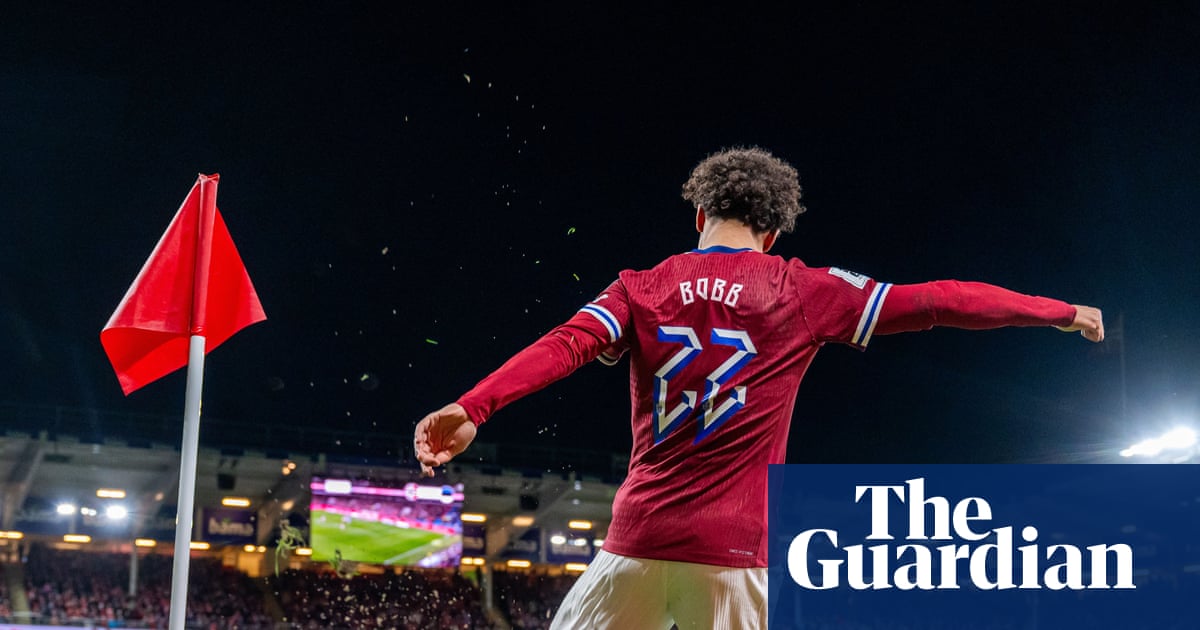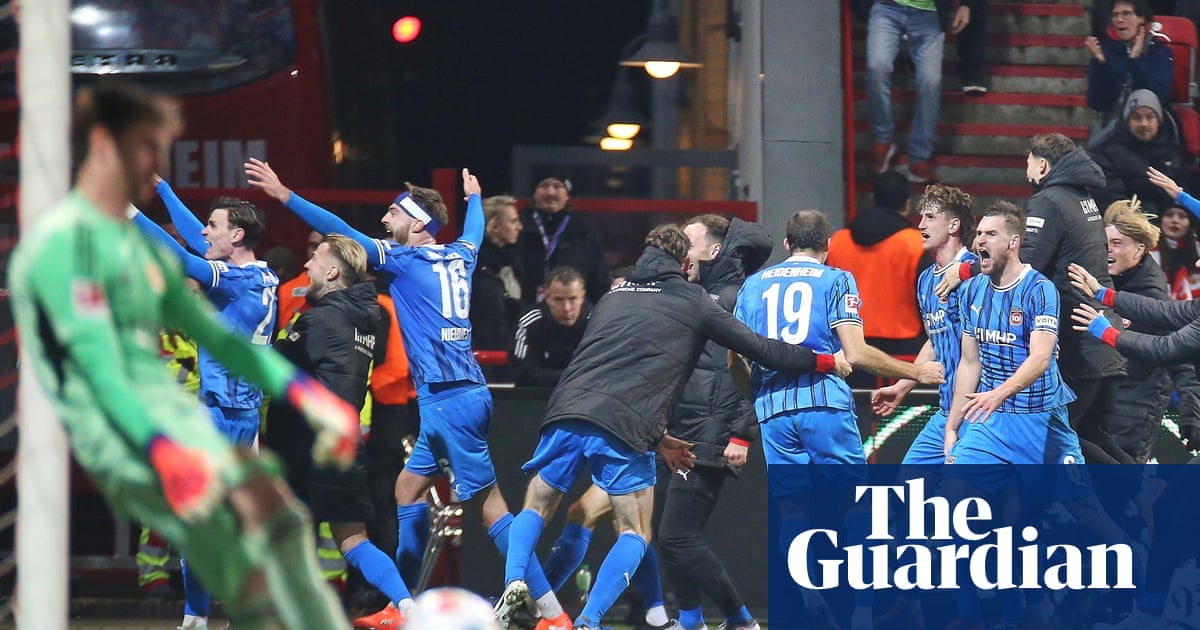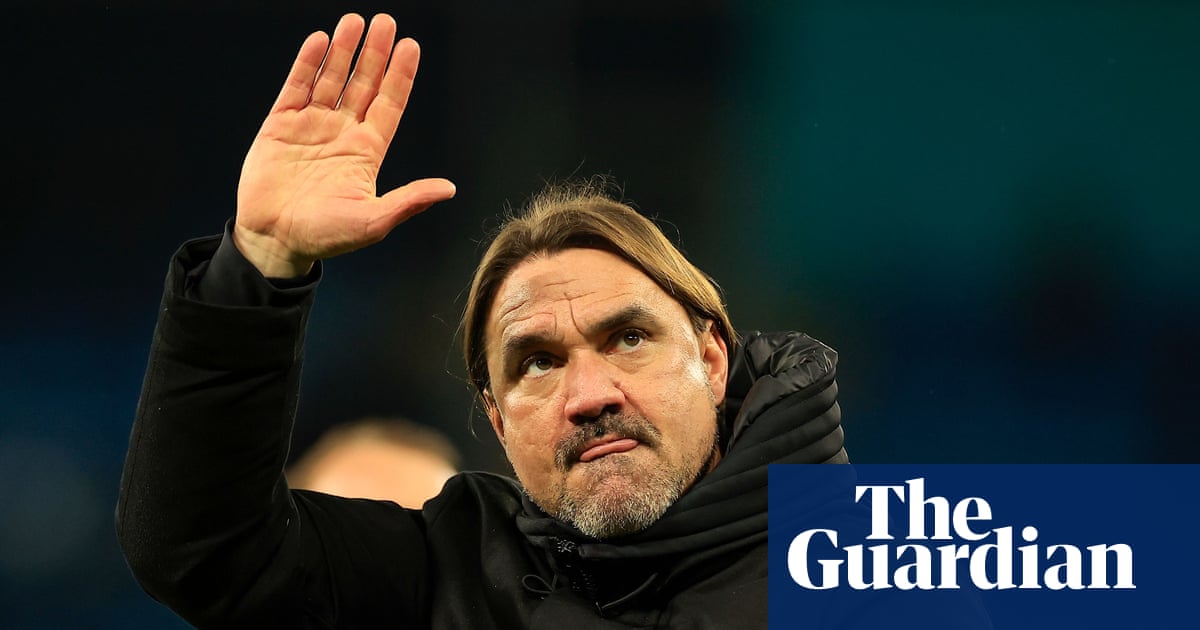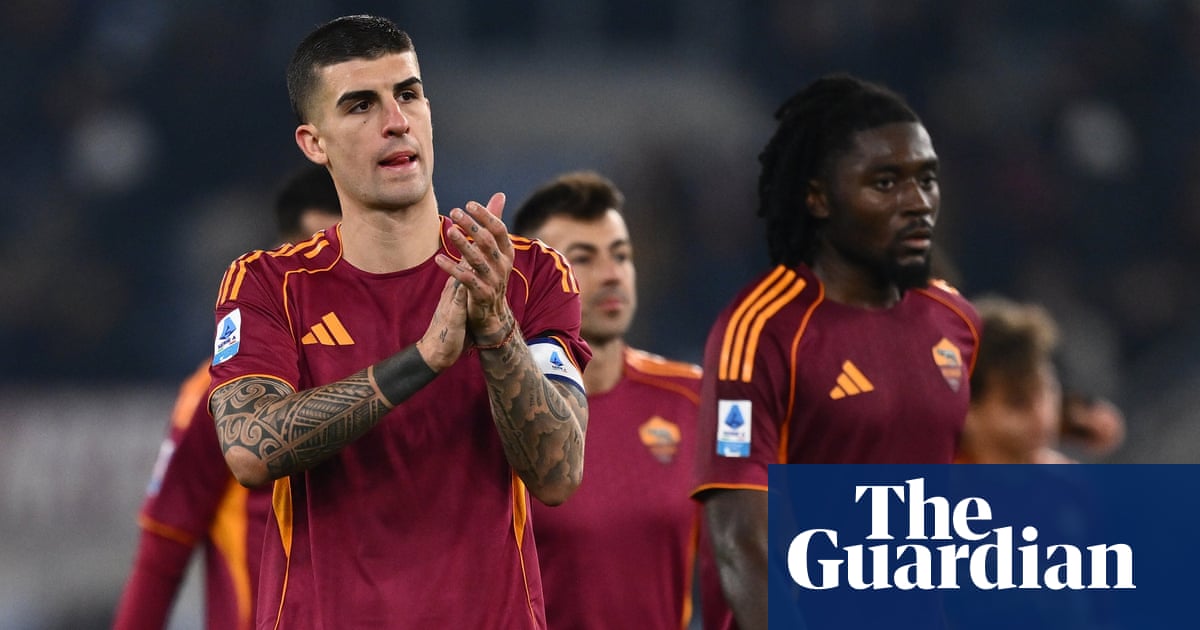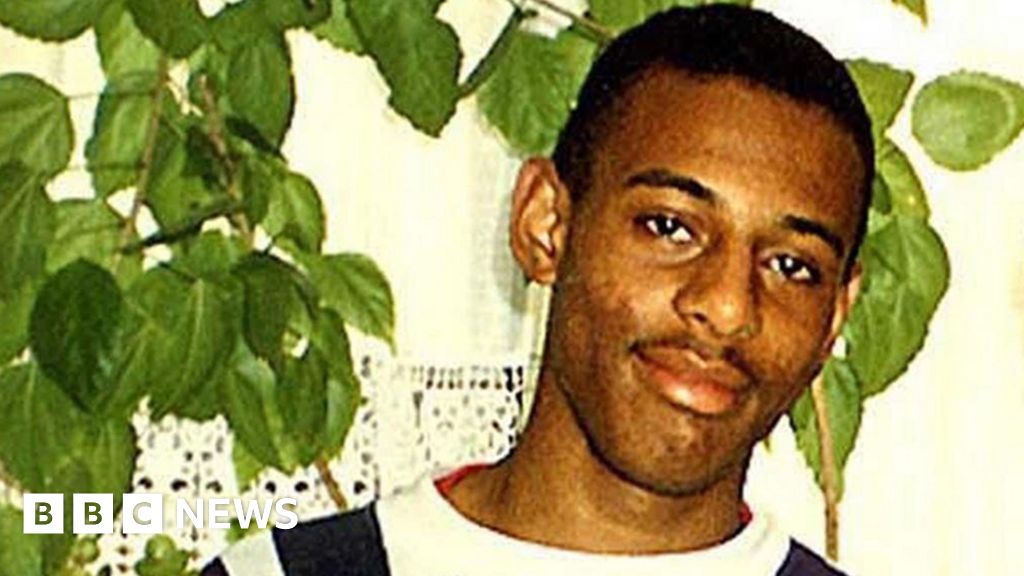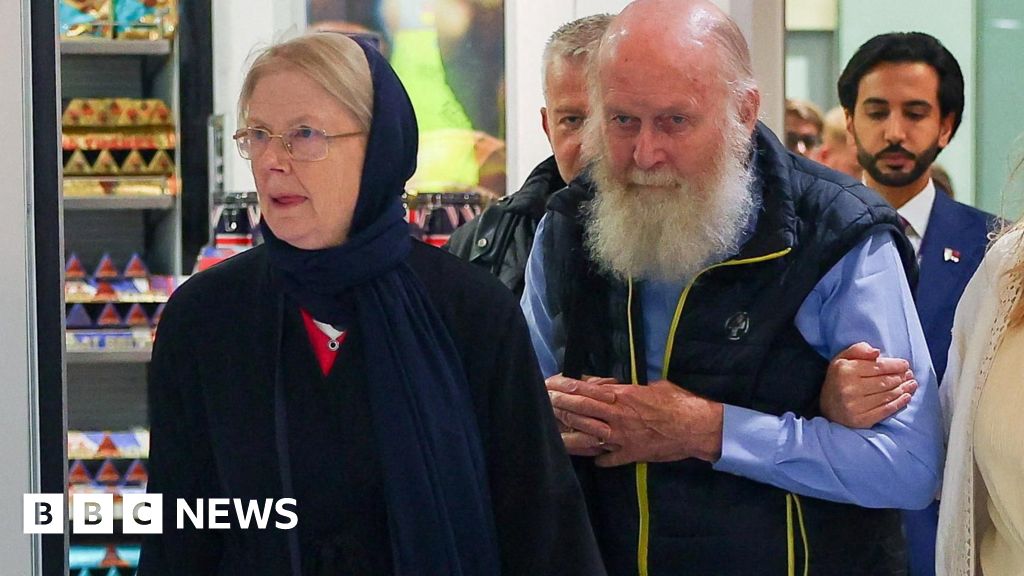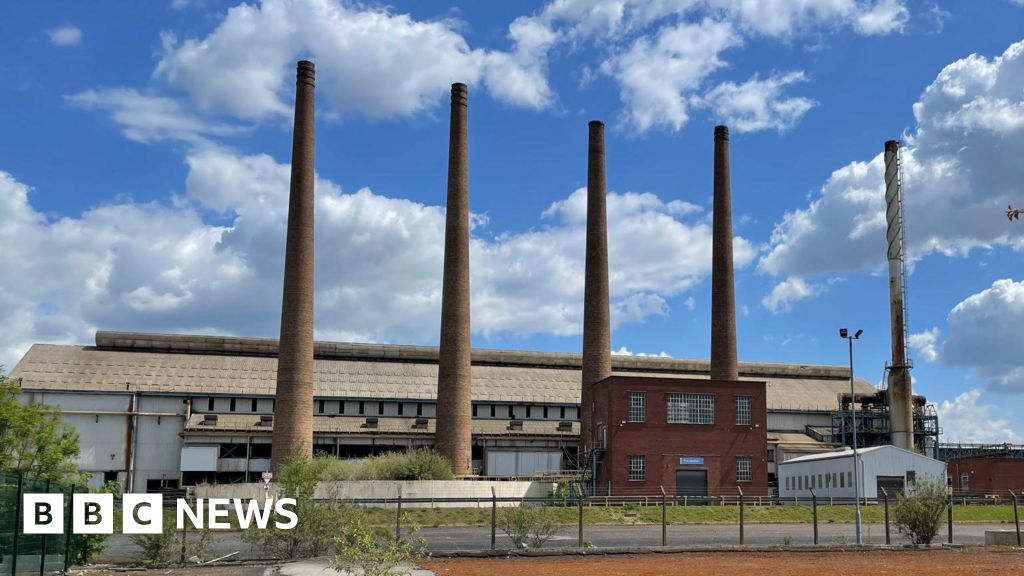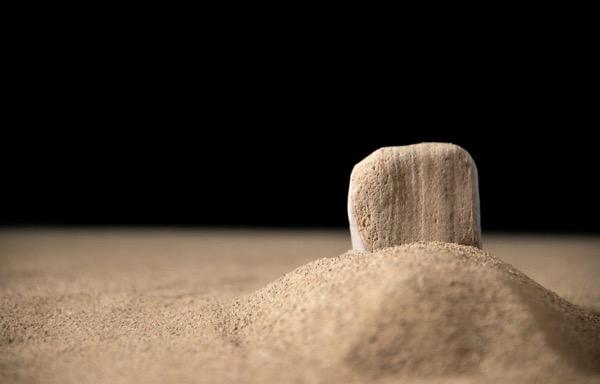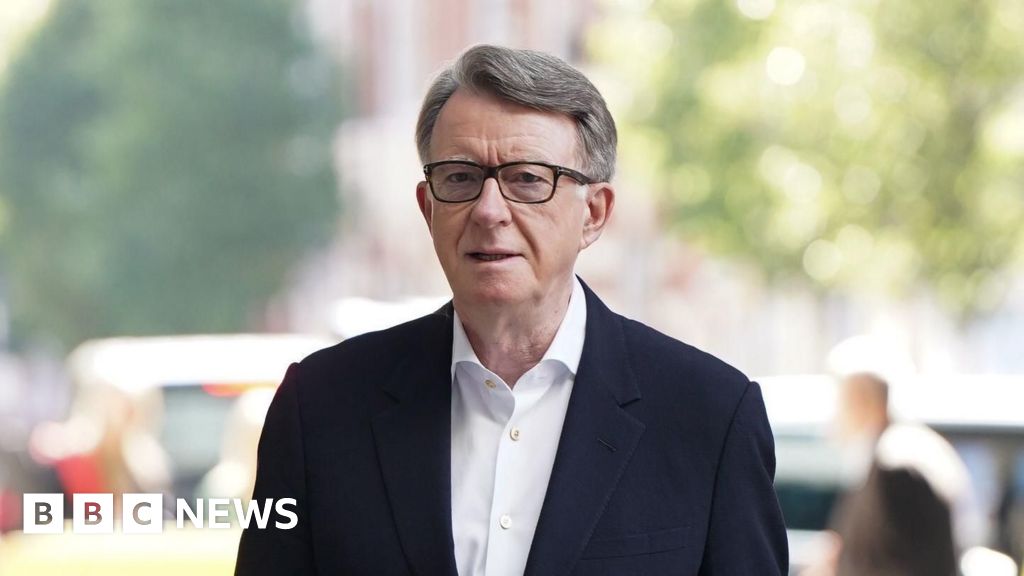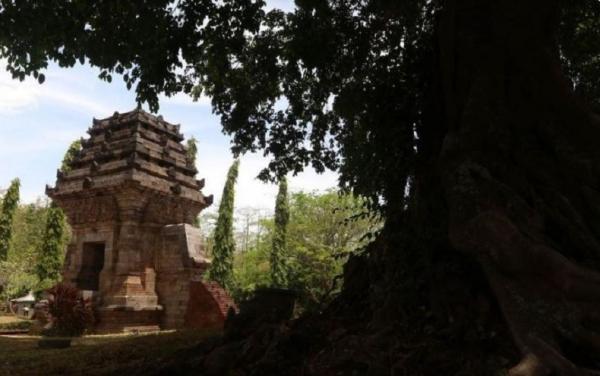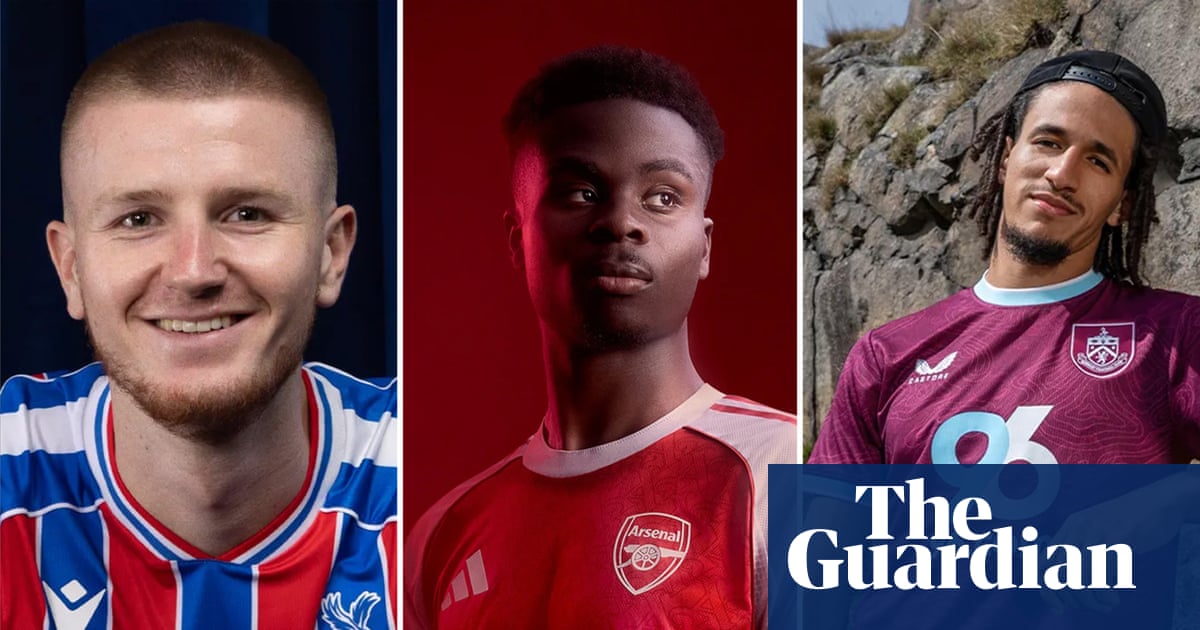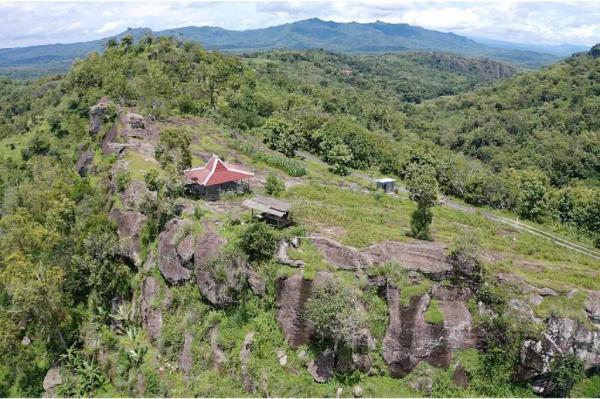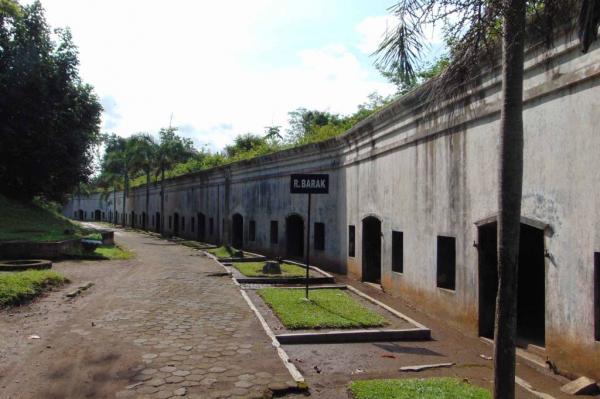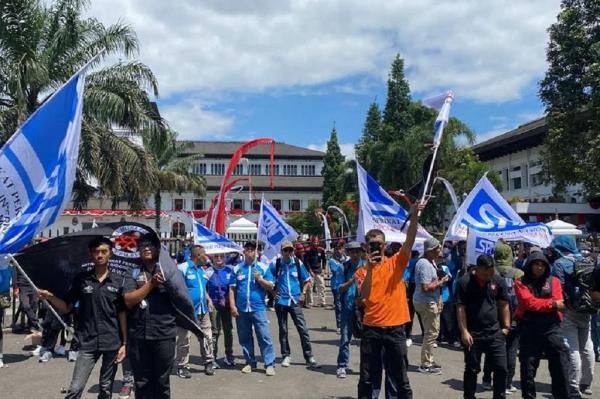In early September, Kate Courtney lined up at the UCI Mountain Bike World Championships for the 12th time in her career, but the first time targeting the marathon distance. A figure at the front of the pack in the shorter cross country and short track distances, Courtney would surprise everyone by winning the 77-mile race, claiming the second rainbow jersey of her nearly decade-long career.
“The competition at the sharp end is so high and the course was brutal, so I was productively intimidated,” said the 30-year-old Courtney, “I didn’t think much about the pressure of winning, which let me just focus on myself.”
Despite a final climb that took an agonizing hour, a 20-minute hiking section over a boulder field, and flat tire on the final descent that could have ended her race, Courtney stayed calm, thanks to a different mental approach this season.
“In the past, I felt like I had to be on every podium to feel success,” said Courtney. “It was an impossible standard and the pressure got to me. The preparation for races would be nearly perfect and I would come completely unhinged on race day. There was a broken connection between training and racing.”
In late May, Courtney broke her wrist after the third race of the season, forcing her to step back from the sport and reflect on what wasn’t working. “Initially it felt like my season was going off the rails,” said Courtney, “but in retrospect I really needed the time away.”
Sidelined from the World Cup circuit for the first time since she started her professional career, Courtney dropped out of the top 20 in the world rankings, something that hadn’t happened since she was 16 years old. At first this was a hard pill to swallow, but became a crucial inflection point.
“What I’m looking for now isn’t just results, but instead to engage meaningfully with the challenges and invest in the process,” said Courtney. “If I approach training and racing as a challenge, it becomes an opportunity for me, without the big weight of external expectations.”
Her PT and strength coach, Matt Smith, knew her wrist wasn’t ready to jump back into the rigors of technical short races and encouraged her to try something new. He proposed she try the Leadville 100, America’s most prestigious long distance mountain bike race. Initially Courtney was skeptical, but a day later she bought in. “I found so much freedom in the new challenge. I focused on feel, not numbers or structure. Low external pressure, high intrinsic drive.”
On 9 August, Courtney returned to racing, lining up at Leadville. With an early headwind and new rules that restricted women not drafting off men, the pace started slower than she expected. At the first major climb it began to pick up and from there Courtney rode a blistering pace, breaking the long-standing course record by nearly 10 minutes.
A week later, Courtney flew to Switzerland with her coach and mechanic, to pre-ride the Marathon Worlds course. “The two weeks before the race was the most fun I’ve had in my entire career,” said Courtney. “I knew my fitness would translate, because it was another seven-hour course with a ton of climbing. Mentally I was just focused on the course and my plan, not anything else.”
As a newcomer to marathon races, Courtney flew under the radar, allowing her to race with more freedom. “I took a risk on the second to last climb and went solo,” said Courtney. “On the final fireroad descent I got a rear sidewall flat and just had to hope my tire would hold up until the finish. Those moments are earned, but also given. Things that are out of your control have to go right.”
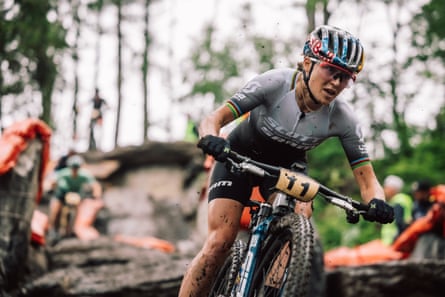
Despite 50 career wins, this one felt different. It had been seven years since her last world championship and in many of those years it felt well out of reach. “It was a healing event for me. I raced at the limit, physically and mentally. It’s the way I hope I’ll be remembered as an athlete.”
Courtney had a lot of early success from 2017 to 2019, often at the front of World Cup races. She made the US Olympic Team in 2021, another major highlight. But the extreme pressure in Tokyo and later on the World Cup would get to her, creating a mental hole which took years to dig out of.
“I lost a full grasp of the process,” said Courtney. “That was a low period for three or four years, where I wasn’t prepared to compete on the level I wanted to. I was putting a lot in but not getting as much out.”
“My dad always says you’re remembered for your best days,” said Courtney, who fell in love with mountain biking by riding a tandem mountain bike with her dad as a kid. “I’ve been lucky to have a few of them, but over this period I learned it’s more important to zoom out and see the bigger picture. I’ve weathered the storm of big challenges and it’s the years that everything didn’t click that almost meant more to me.”
Courtney switched coaches at the start of 2024 and began a new training program, designed to get her back to where she wanted to be. The first step was finding the motivation to keep working hard, day in and out. The answer had been in front of her for years, mentoring young women through mountain biking.
“The thing that kept me in the sport when I wasn’t performing well was paying it forward and trying to be a role model for young girls,” said Courtney. “It was a way to meaningfully contribute beyond my race results, and I learned they didn’t care if I won or fought to finish after a crash. What was important was how I showed up.”
In 2023, Courtney launched the She Sends Foundation, a non-profit dedicated to getting more girls on bikes. “My goal wasn’t about developing the next top level mountain bike racer, but more to use the sport to equip young girls for the real world. Mountain biking is great at teaching lessons, showing girls they can be powerful and confident.”
She Sends is part of a cultural shift, Courtney says. “When a woman walks into a bike shop, she should get the same respect as a man. And when she lines up on race day, she should get respect for being a great athlete, not just being ‘great for a female athlete’.”
Her main message to young girls is to take risks. “In pushing your edge you find out you’re capable of more. I realized this year that if I was giving girls that message, I needed to live it. I needed to compete at the top level and give myself the opportunity to exhaust my athletic potential.”
Despite the new motivation, Courtney’s season started slowly, with poor performances at her first two races and a broken wrist at her third. But, instead of throwing away the season, she decided to pivot.
“It’s a matter of how you evaluate your success,” said Courtney. “We often over emphasize the wins instead of the process.” She embraced the new challenges and the results speak for themselves.
.png)
 3 weeks ago
19
3 weeks ago
19

